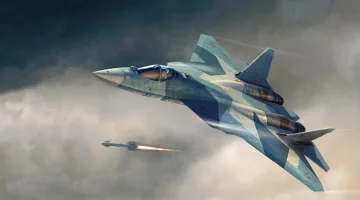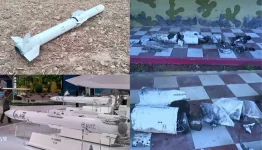- Views: 1K
- Replies: 11

The historic tradition of Gorkha soldiers serving in the Indian Army faces an uncertain future as India grapples with geopolitical shifts and evolving socio-political landscapes in Nepal.
This enduring relationship, established during the British colonial era, has seen Gorkha regiments play a crucial role in numerous conflicts, solidifying their reputation as an integral part of India's defense forces. However, recent developments, including the introduction of India's Agnipath scheme and Nepal's growing closeness with China, have raised concerns about the future of Gorkha recruitment.
The Agnipath scheme, a recruitment model offering shorter service durations, has met with resistance from potential Gorkha recruits and the Nepali government due to concerns about job security and long-term prospects. Additionally, Nepal's evolving foreign policy has introduced a new dimension to the issue, as India's reliance on Nepali Gorkhas might be viewed with increased scrutiny.
The Gorkha recruitment issue is not merely a military concern but also a matter of socio-political significance, as Gorkha soldiers hold a place of pride in Nepal's cultural identity. Any alterations to this long-standing tradition could have far-reaching implications for India-Nepal relations.
To navigate this complex landscape, India is exploring various avenues, including diplomatic dialogues with Nepal and potential modifications to the Agnipath scheme. Additionally, India is considering expanding recruitment efforts within its own borders, targeting regions with significant Gorkha populations.
The future of Gorkha recruitment remains uncertain, but the Indian government and the Indian Army are committed to honoring the legacy of the Gorkha soldiers while adapting to the evolving regional dynamics. The goal is to ensure that this historic bond remains strong and relevant for years to come.





